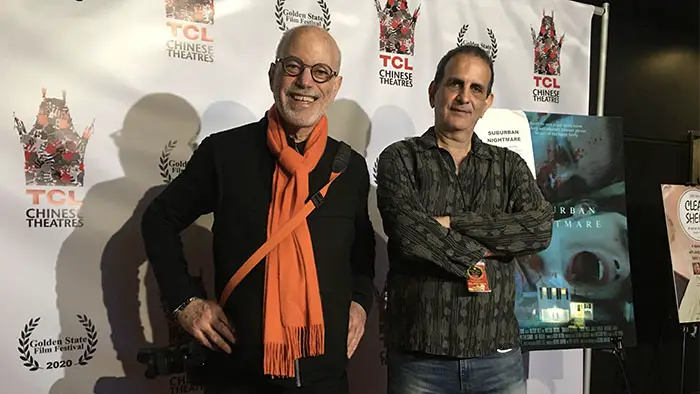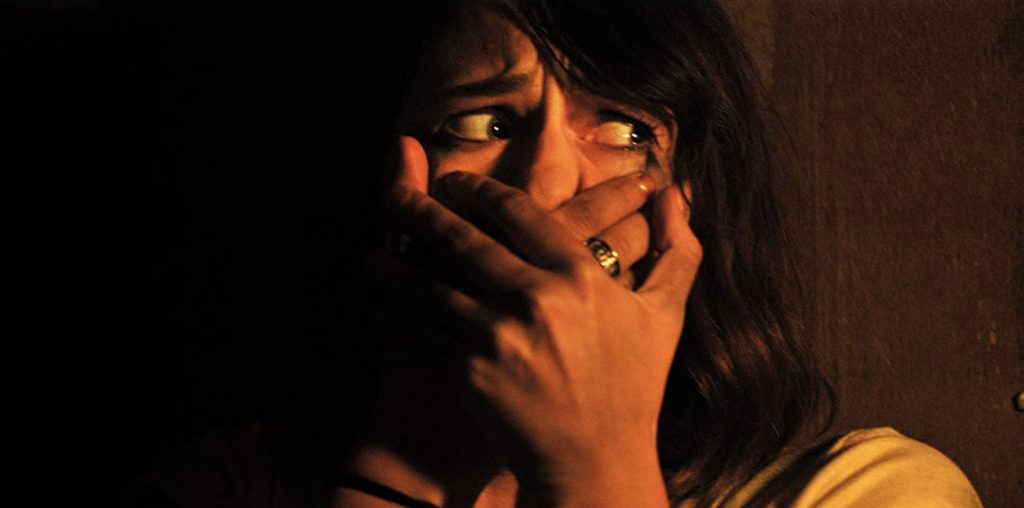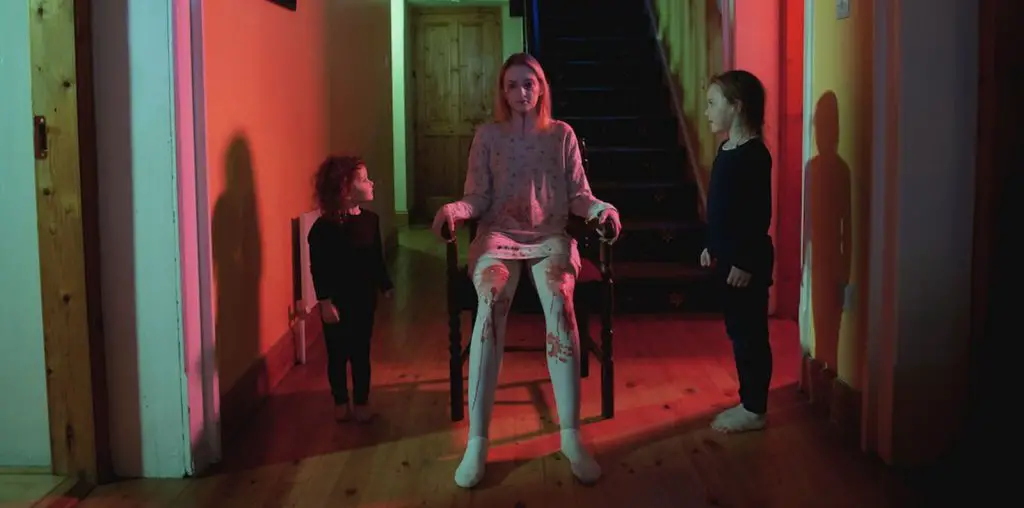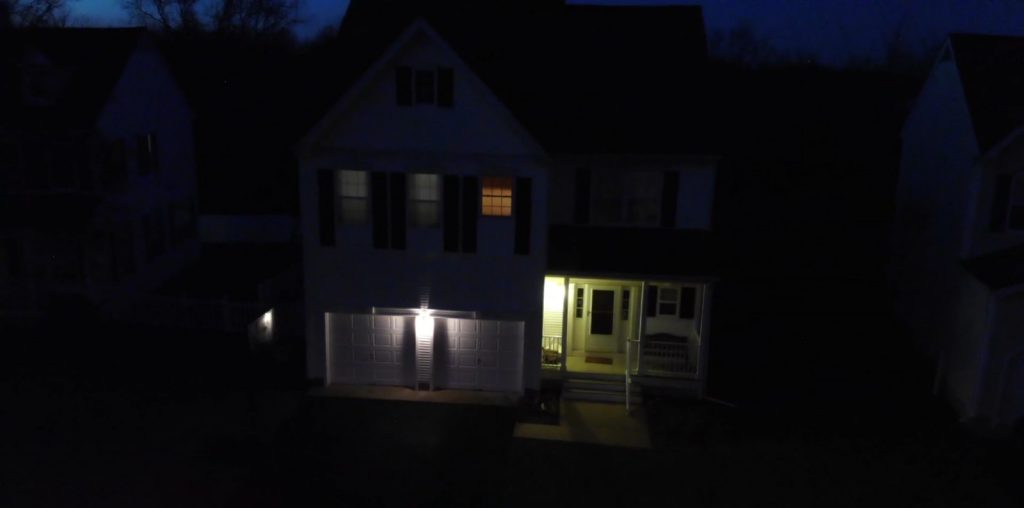
The justification for the IndieGoGo campaign is more concerned with rights retention and return on investment via the backend. Pre-order ticket sales (which commence following a pre-launch phase used to gauge tangible interest in the film), according to Halpern, must hit at least $60K (not considering IndieGoGo’s fee and credit card processing fees) in order for the experiment to be worthwhile. As Halpern explains, “This money will be used to pay off most of the investment in the film.” Then, once ancillary sales – foreign sales, TV deals, etc. – are accounted for, Suburban Nightmare could wind up quite the profitable little sleeper.
But Halpern is realistic and realizes that this is show business, and his experiment with IndieGoGo may not pan out. If the desired financial benchmark isn’t achieved, per Halpern, “we pull the campaign and continue to seek other methods of distro. However, if the IndieGoGo campaign is a hit, this could be a great model for other films out there who want to self-distribute.”
Still, the juiciest of cherries on top remains the fact that Truben Studios owns the rights to the movie, allowing for Halpern to capitalize on his independently funded and produced property for as long as he pleases.

“…if the IndieGoGo campaign is a hit, this could be a great model for other films…”
And from the looks of it, Halpern may be onto something. In my review of Suburban Nightmare, I mentioned that the film stuck with me mostly because it “captures a potentially terrifying circumstance of the zeitgeist.” The currency of its premise, more than its shocking outcome, is the real horror of Suburban Nightmare, and Halpern seems to have seized upon this critical attribute. His next film, currently entitled Troll, for example, concerns a man battling an Internet troll while quarantined during the still-occurring COVID-19 pandemic.
Once again, Halpern is ever the innovator. Production of his new film will take place entirely via social distancing, which, according to Halpern, is the first feature-length film to do so. To realize this forward-thinking project, Halpern and company (including DP Henry Less) will employ video conferencing platforms such as Zoom and Skype. This aspect will undoubtedly provide film theorists ample fodder when considering gaze theory.
Years of experience working in independent cinema have afforded Richard Halpern the knowledge and the patience to develop his own projects with an autonomy few are able to appreciate: he is not one to sit around and wait for the big boys to come to him. Like a truly independently-minded creative, Halpern has an idea and vigorously works out a way to see it through to fruition. He is quick, he is contemporary, and he has his finger on the pulse of the zeitgeist. I, for one, will eagerly await the outcome of Halpern’s tryout with Suburban Nightmare and IndieGoGo. If this is trial is a success, independent filmmakers might have a new avenue of distribution to exploit.


